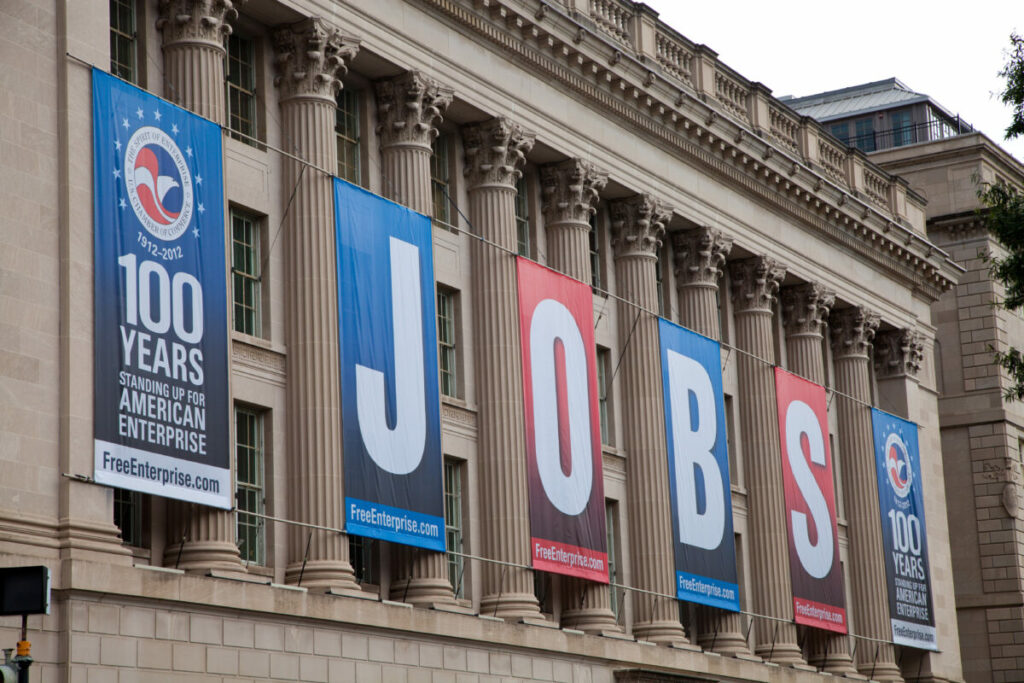The US Chamber of Commerce has written to the UK Department for Energy Security and Net Zero (DESNZ) in response to the UK Energy Policy Strategy and Policy Statement consultation.
The Chamber of Commerce set up the US-UK Business Council in 2016 to navigate the challenges of the UK leaving the European Union. The Council has over 40 US and UK firms as active members, and the letter notes that the Chamber is “at the forefront of shaping energy policies globally”.
In the letter, Chamber of Commerce senior vice president for Europe Marjorie Chorlins commends “the UK government’s proactive approach in formulating a forward-looking and inclusive strategy for the energy sector in Great Britain.”
The response addresses three key questions in the consultation and provides additional recommendations. The letter agrees that the Energy Policy Strategy consultation identified the right priorities in terms of energy security and decarbonisation, but added recommendations that emphasise “the importance of market-based solutions that incentivise innovation”, enhancing private-public partnerships, focusing on emissions and supporting energy resilience.
On hydrogen specifically, the Chamber of Commerce recommends that “the strategy should more explicitly recognise colour-neutrality of hydrogen to keep the emphasis on overall reduction of emissions”.
The letter calls on the UK to “underscore the critical role of domestic production in ensuring energy security and reducing emissions. The recent decision by the government to expand licensing of offshore North Sea projects, coupled with investment in CCUS, is a positive step in safeguarding long-term energy availability and climate goals, and should be noted in the strategy.”
The Chamber of Commerce calls for further clarity on Ofgem’s role. The letter says Ofgem should be granted greater regulatory flexibility and transparency in its decision making processes. There should also be alignment between Ofgem’s incentives and the government’s policy goals, the letter says.
The letter welcomes the establishment of the Future System Operator (FSO), but calls for more clarity on its role, recommending defining the FSO’s responsibilities, recognising its need for regulatory flexibility, and emphasising its role in innovating energy systems by fostering new technologies.
In June, Ofgem opened a consultation into proposals for cost recovery mechanisms when the Future System Operator launches. On August 17, Ofgem issued a call for input on how to engage domestic consumers in Demand Side Response.





